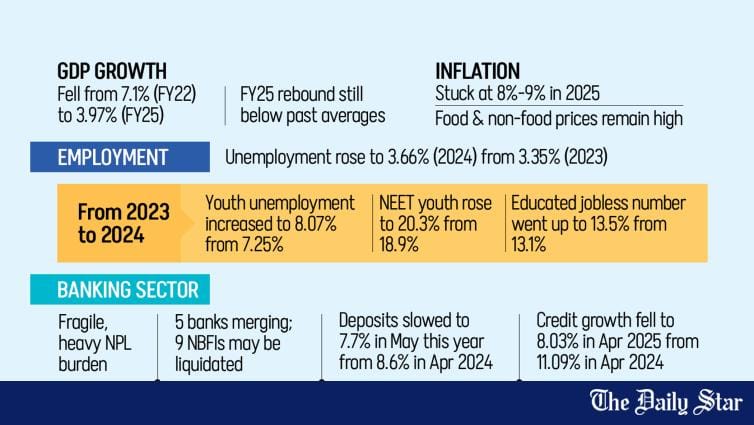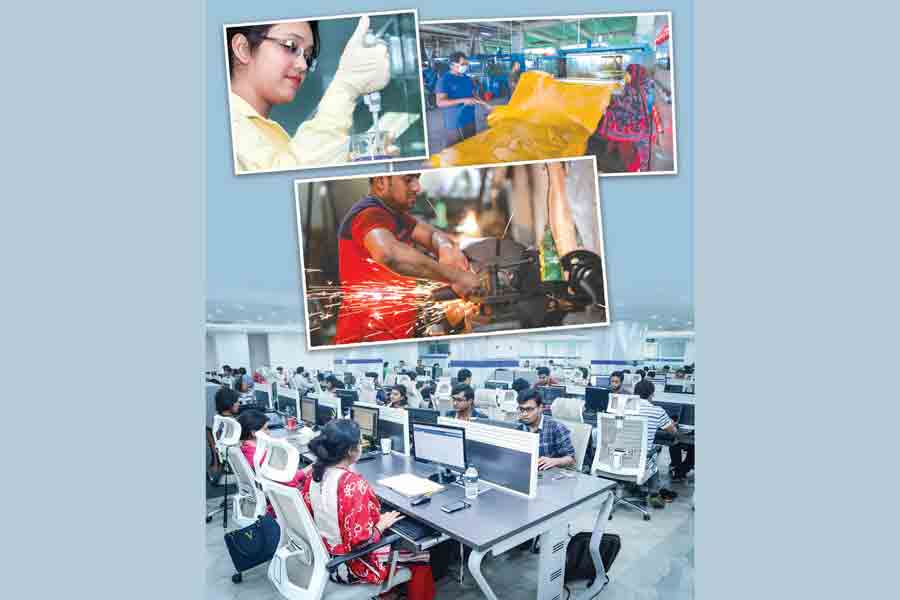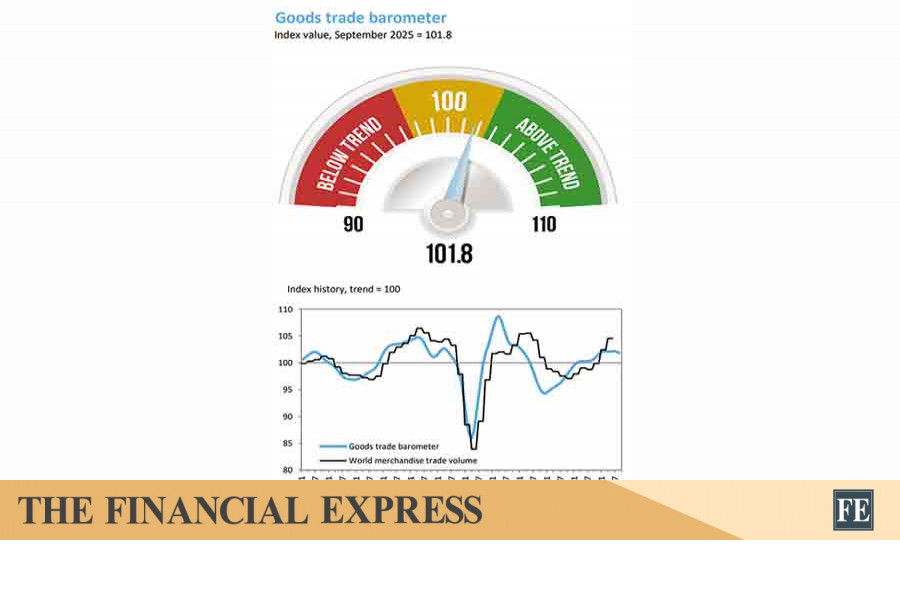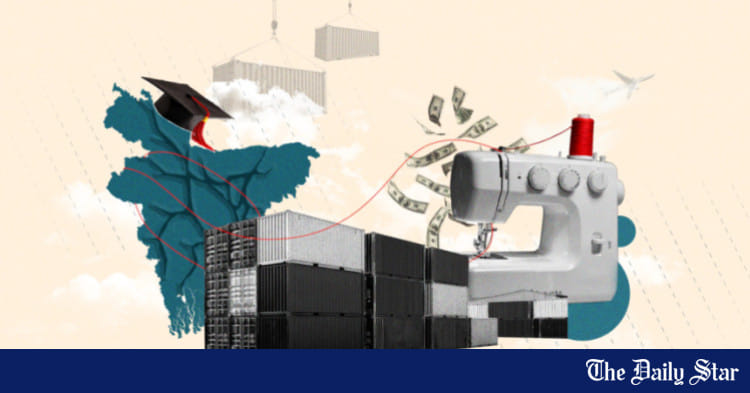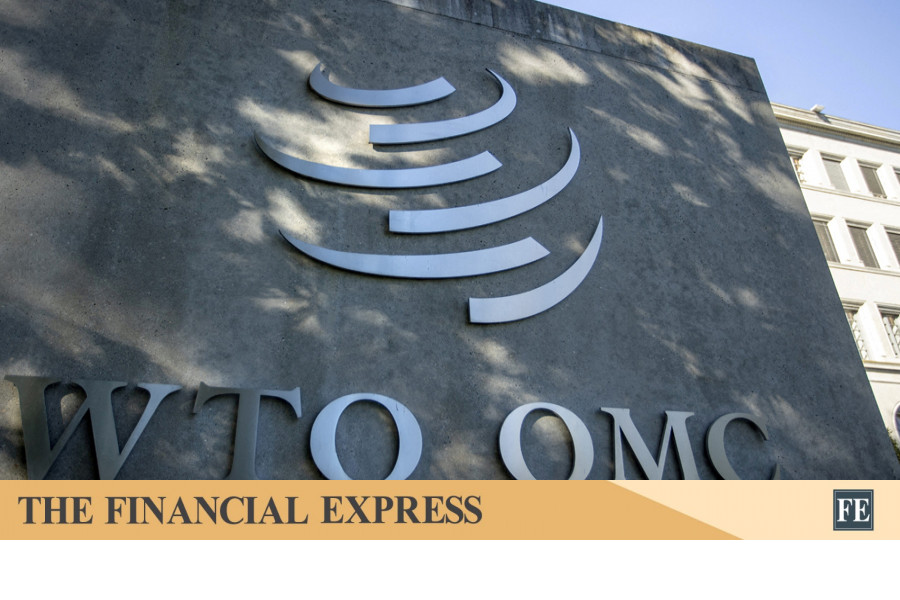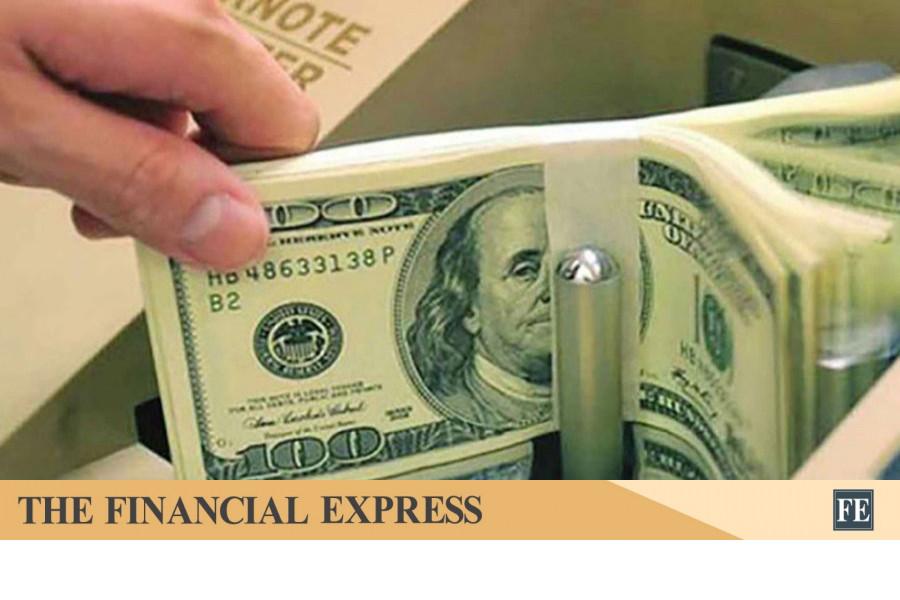Saif
Senior Member
- Joined
- Jan 24, 2024
- Messages
- 16,447
- Likes
- 8,111
- Nation

- Residence

- Axis Group


Governance failure stalls financial sector progress: BB governor
The governor speaks at Mastercard Excellence Awards 2025
Governance failure stalls financial sector progress: BB governor
The governor speaks at Mastercard Excellence Awards 2025

Bangladesh's financial sector has fallen short of expectations due to prolonged governance failure, weak regulatory enforcement and delayed reforms, despite commendable growth in the broader economy, Bangladesh Bank Governor Ahsan H Mansur said today.
He also described the sector's overall performance as "disappointingly behind", blaming structural weaknesses that remain largely unaddressed.
Google News LinkFor all latest news, follow The Daily Star's Google News channel.
The governor made the comments at the Mastercard Excellence Awards 2025 ceremony at the Radisson Blu Water Garden Hotel, Dhaka,
Eighteen institutions received a total of 33 awards under 19 categories in recognition of contributions to innovation, financial inclusion and digital transformation in the 2024-25 fiscal year.
The governor said that although the sector appears institutionally regulated, irregularities persist "underneath", owing to lax enforcement.
Referring to the local saying, which translates to 'hard on the outside, soft inside', he pointed to a disconnect between regulatory norms and operational practice.
"Regulations are stringent, but compliance mechanisms allow many irregularities to pass through. Without structural correction, the financial sector will continue to lag even as the economy expands," he said.
Mansur said that while Bangladesh's economy is now comparable in size to Singapore's, the financial sector remains "considerably narrow".
"The economy cannot fully reap the benefits of its size due to corruption, misallocation of assets and regulatory failures," he added.
He stressed that meaningful reform, rather than procedural adjustments, is essential to strengthen financial governance and reduce systemic inefficiencies.
The governor acknowledged recent steps by the central bank, including the removal of tax return submission and TIN requirements in card issuance, as well as the resolution of complications around purchasing international airline tickets via credit card.
"Customers can now buy tickets online as per their credit limit without it being counted in their annual foreign exchange quota. These are positive developments, but more substantive reforms are needed," he said.
Gautam Agarwal, president of Mastercard South Asia, said Bangladesh's financial transformation is underway despite the barriers.
According to him, the country has nearly 15 crore active mobile financial service accounts, internet usage stands at 70-74 percent, and annual remittance inflow totals $2.5-2.6 billion.
However, around 80 percent of transactions still rely on cash, which he termed a major obstacle to digitalisation.
"India underwent a similar journey. A little over a decade ago, only 2-5 percent of transactions there were digital; today it stands at 30-35 percent. Bangladesh is now positioned for similar transformation," he said.
Agarwal added that Mastercard has consistently invested in Bangladesh over the past 13 years, with a focus on financial inclusion alongside card services.
At today's awards ceremony, Mutual Trust Bank and Eastern Bank secured the highest number of recognitions, winning in four categories each.
City Bank, Islami Bank Bangladesh, United Commercial Bank and BRAC Bank received awards in three categories each, while Dhaka Bank won in two.
Single-category awards went to: Mercantile Bank, SSL Commerz, Al-Arafah Islami Bank, Prime Bank, AB Bank, Dutch-Bangla Bank, Southeast Bank, Pubali Bank, Pathao Pay, ACI Logistics (Shwapno) and bKash.
The seventh edition of the awards, held under the theme "Inspired by Future", also marked Mastercard's 13th year of operations in Bangladesh.
In his welcome address, Syed Mohammad Kamal, country manager for Mastercard Bangladesh, said the company has launched 30 new products in the past 12 months and is currently operated entirely by local professionals.
He noted that Mastercard operates in 222 countries and that four out of every five global fintech firms choose it as their strategic partner.
"Our security solutions prevented over $5 million in cyber threats in Bangladesh alone in recent months," he said.
The event was attended by Bangladesh Bank Deputy Governor Md Zakir Hossain Chowdhury, Mastercard Bangladesh Directors Zakia Sultana and Sohel Alim, senior officials of leading banks, fintech organisations, representatives from the diplomatic community and corporate executives.
The governor speaks at Mastercard Excellence Awards 2025
Bangladesh's financial sector has fallen short of expectations due to prolonged governance failure, weak regulatory enforcement and delayed reforms, despite commendable growth in the broader economy, Bangladesh Bank Governor Ahsan H Mansur said today.
He also described the sector's overall performance as "disappointingly behind", blaming structural weaknesses that remain largely unaddressed.
Google News LinkFor all latest news, follow The Daily Star's Google News channel.
The governor made the comments at the Mastercard Excellence Awards 2025 ceremony at the Radisson Blu Water Garden Hotel, Dhaka,
Eighteen institutions received a total of 33 awards under 19 categories in recognition of contributions to innovation, financial inclusion and digital transformation in the 2024-25 fiscal year.
The governor said that although the sector appears institutionally regulated, irregularities persist "underneath", owing to lax enforcement.
Referring to the local saying, which translates to 'hard on the outside, soft inside', he pointed to a disconnect between regulatory norms and operational practice.
"Regulations are stringent, but compliance mechanisms allow many irregularities to pass through. Without structural correction, the financial sector will continue to lag even as the economy expands," he said.
Mansur said that while Bangladesh's economy is now comparable in size to Singapore's, the financial sector remains "considerably narrow".
"The economy cannot fully reap the benefits of its size due to corruption, misallocation of assets and regulatory failures," he added.
He stressed that meaningful reform, rather than procedural adjustments, is essential to strengthen financial governance and reduce systemic inefficiencies.
The governor acknowledged recent steps by the central bank, including the removal of tax return submission and TIN requirements in card issuance, as well as the resolution of complications around purchasing international airline tickets via credit card.
"Customers can now buy tickets online as per their credit limit without it being counted in their annual foreign exchange quota. These are positive developments, but more substantive reforms are needed," he said.
Gautam Agarwal, president of Mastercard South Asia, said Bangladesh's financial transformation is underway despite the barriers.
According to him, the country has nearly 15 crore active mobile financial service accounts, internet usage stands at 70-74 percent, and annual remittance inflow totals $2.5-2.6 billion.
However, around 80 percent of transactions still rely on cash, which he termed a major obstacle to digitalisation.
"India underwent a similar journey. A little over a decade ago, only 2-5 percent of transactions there were digital; today it stands at 30-35 percent. Bangladesh is now positioned for similar transformation," he said.
Agarwal added that Mastercard has consistently invested in Bangladesh over the past 13 years, with a focus on financial inclusion alongside card services.
At today's awards ceremony, Mutual Trust Bank and Eastern Bank secured the highest number of recognitions, winning in four categories each.
City Bank, Islami Bank Bangladesh, United Commercial Bank and BRAC Bank received awards in three categories each, while Dhaka Bank won in two.
Single-category awards went to: Mercantile Bank, SSL Commerz, Al-Arafah Islami Bank, Prime Bank, AB Bank, Dutch-Bangla Bank, Southeast Bank, Pubali Bank, Pathao Pay, ACI Logistics (Shwapno) and bKash.
The seventh edition of the awards, held under the theme "Inspired by Future", also marked Mastercard's 13th year of operations in Bangladesh.
In his welcome address, Syed Mohammad Kamal, country manager for Mastercard Bangladesh, said the company has launched 30 new products in the past 12 months and is currently operated entirely by local professionals.
He noted that Mastercard operates in 222 countries and that four out of every five global fintech firms choose it as their strategic partner.
"Our security solutions prevented over $5 million in cyber threats in Bangladesh alone in recent months," he said.
The event was attended by Bangladesh Bank Deputy Governor Md Zakir Hossain Chowdhury, Mastercard Bangladesh Directors Zakia Sultana and Sohel Alim, senior officials of leading banks, fintech organisations, representatives from the diplomatic community and corporate executives.

